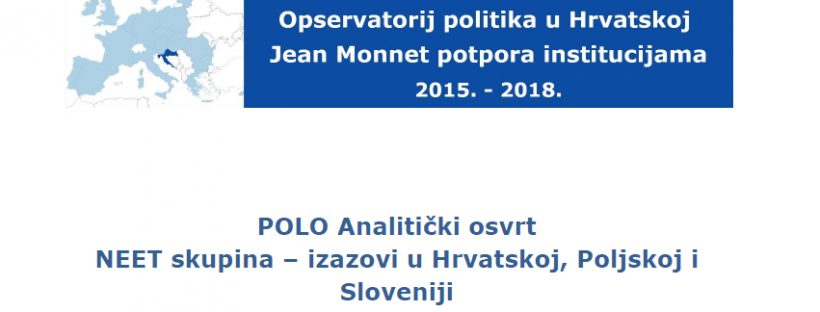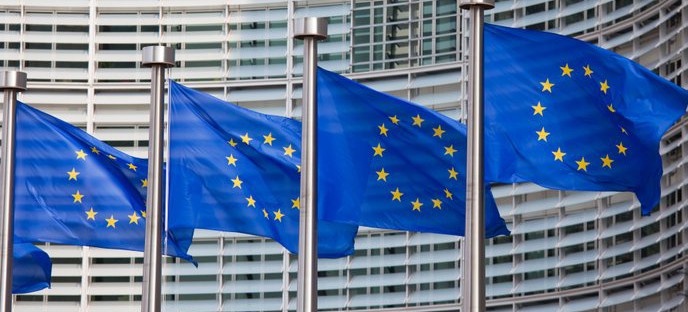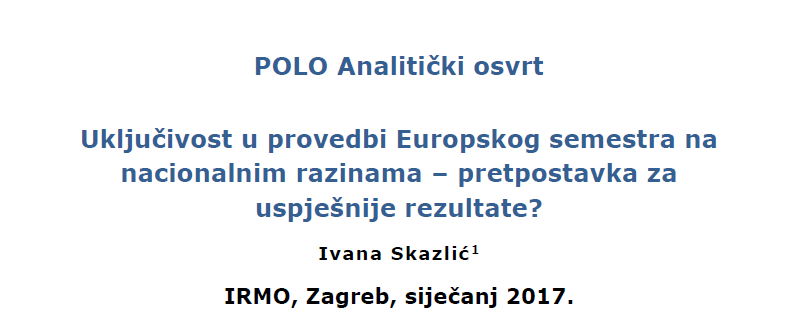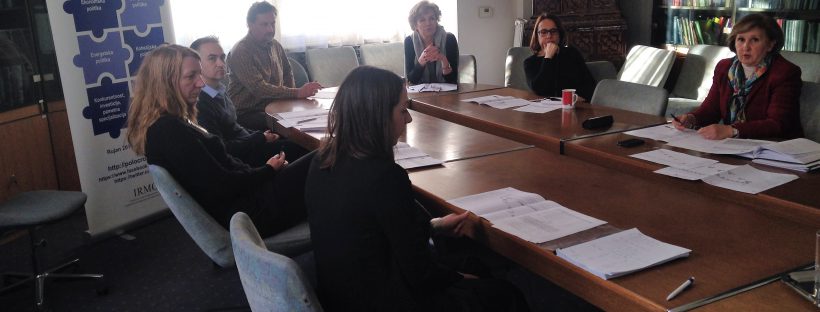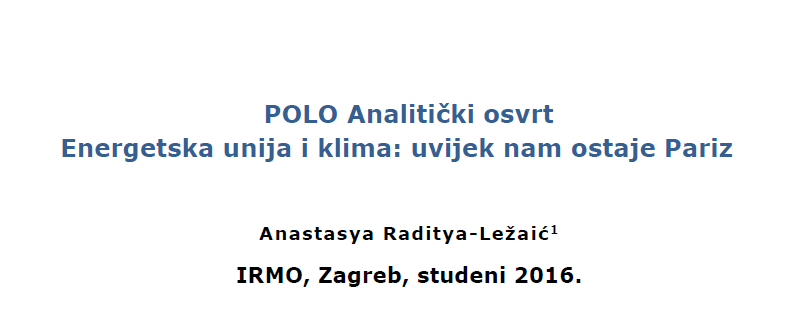The Croatian government outlines 9-measure package aimed at boosting employment and has allocated 1.5 billion to help jobless people
This set of measures entered into force on 2 March 2017 and includes subsidies for job creation, self-employment, casual employment, and other steps that can boost employment. Therefore, there are 1,5 billion Kuna in budget provided for active labour market policies and the outlays for boosting employment this year were 400 million Kuna higher compared to last year. Also, 650 million Kuna for this purpose is to be absorbed from the European Social Fund. It is expected that this measures will contribute to the country’s economic stability and growth, and facilitate the availability of employment opportunities. Currently, there are 22,000 job vacancies, according to the statistics from the Croatian Employment Service (HZZ). If these jobs were filled in, the number of unemployed would fall by 10%. Concerning self-employment, grants for this purpose have been raised from 25,000 to 35,000 Kuna. It is expected that this package will also be beneficial to the long-term unemployed, people with disabilities and young job-seekers.
More information available on: http://mjere.hr/


